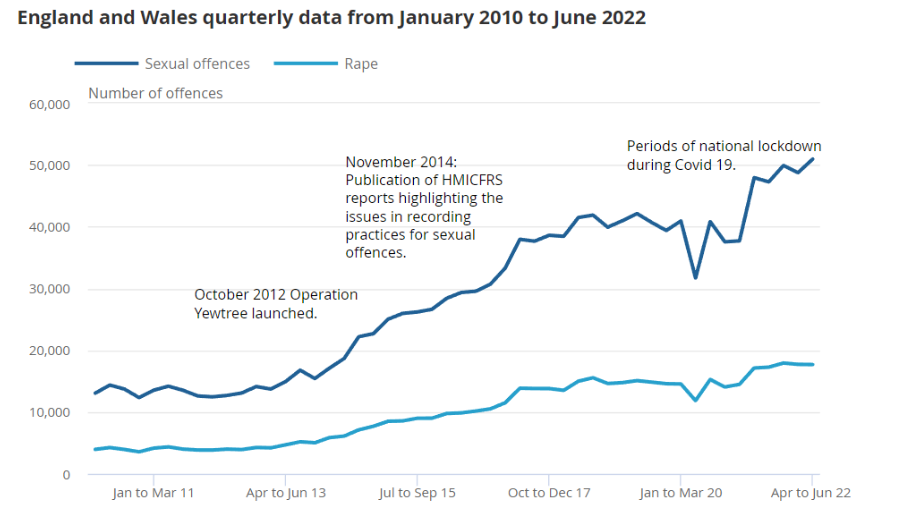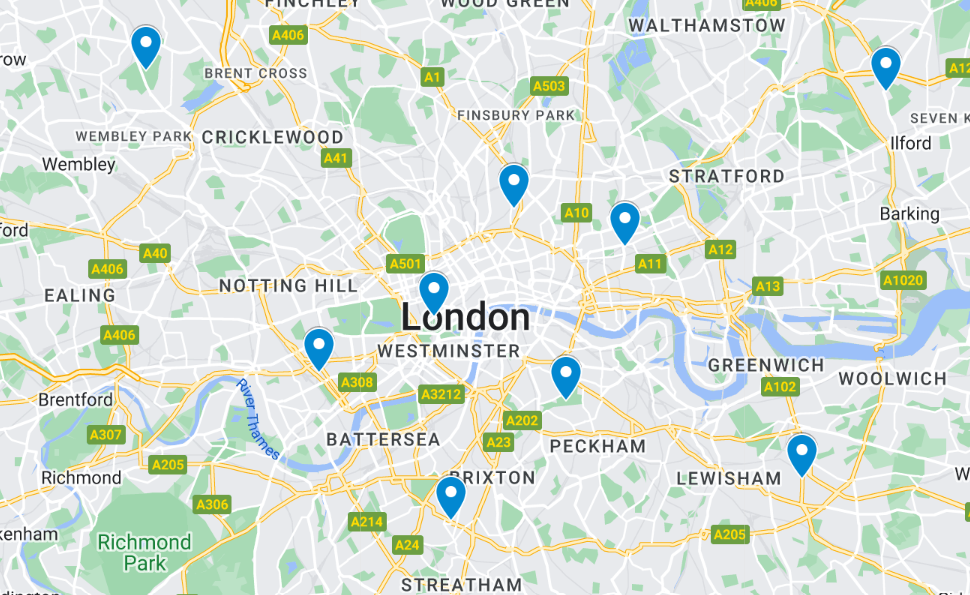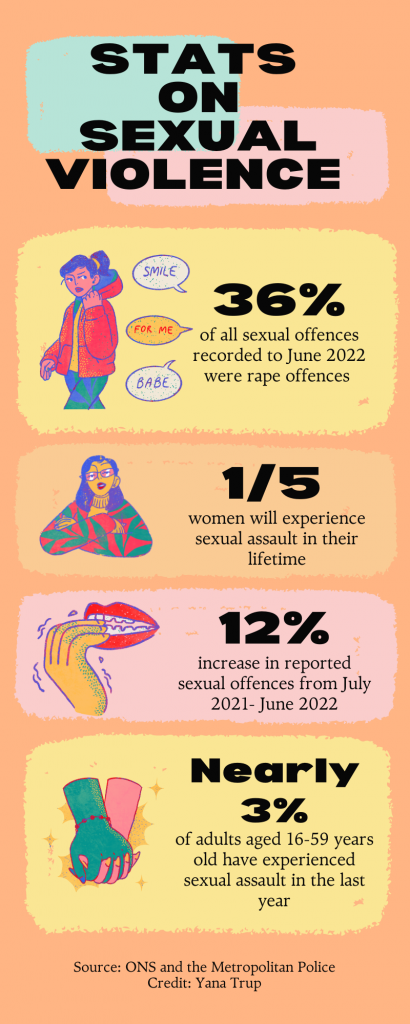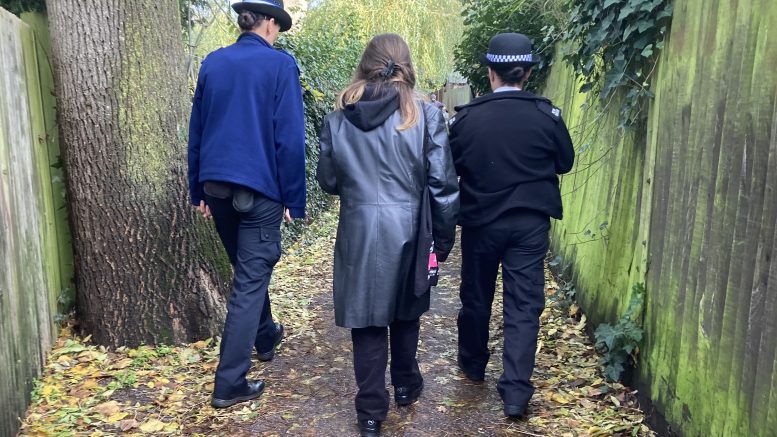Clutching keys between knuckles. Taking out one earphone. Wondering whether to risk it by taking the shortcut down the unlit alley. All things that women have to consider daily to try and protect themselves from unwanted male attention.
Data released about crime in England and Wales by the Office for National Statistics shows that an average of 25 rapes are reported in London every day.
In the year ending June 2022, police statistics show rape and sexual offences reported to them were the highest on record.

Following the murder of Sarah Everard by a serving police officer, a report launched found institutional misogyny in the police force. Sarah’s death brought a huge amount of public pressure and this report is pushing the Metropolitan Police to completely change the way they handle violence against women and girls.
What are the police doing to solve the problems women face?
One of their recent initiatives is Walk and Talk– a scheme where local neighbourhood patrols invite women to join a female officer on the beat, giving them feedback on the parts of their area that make them feel unsafe. It’s an opportunity to learn more about the priorities of the local police and to have a one-on-one conversation about any experiences of sexual harassment you’ve had.
In Harrow, one of these meetings took place- only 10 minutes away from where Bibaa Henry and Nicole Smallman were brutally murdered in Fryent Country Park in June 2020. It seems like you can’t go anywhere in London without being a stone’s throw away from a violent attack against a woman, whether it’s a well-known attack or, more typically, not.

A female police constable in Harrow said: “I’ve lived in the same house, in the same area for 38 years and there are still places in my local area where I feel unsafe. People forget that we are also made of flesh and bone. When I take off my uniform at the end of the day, I am still a woman and I still get scared.”
Violence against women and girls is one of the top priorities for the Met this year, following the increased media coverage of how the police deal with cases of sexual harassment and assault, highlighted by the handling of the Sarah Everard case in 2021.
A police sergeant said: “We know how much of an issue sexual assault and harassment is on our streets and we need women to step forward and tell us exactly where they feel unsafe in their areas so we can try to change that. We’ve gotten lamp posts installed in dark alleyways, CCTV cameras in hotspots and we will do more.”
“Of course, now it’s winter- it’s getting darker a lot earlier. We are increasing patrols in the evenings so we are as much of a presence as possible on the streets when people may need us.”
“If you feel unsafe in a public place, that is enough to make a 999 call. You will not be wasting our time. Don’t be afraid to go up to a stranger in the street and ask if they can help you.”
Walk and Talk seems to be a good opportunity to get to know the local officers and have a frank discussion about what more they can do to protect women and girls in the area. However, it raises questions of whether this scheme, and others like it, are actually doing enough to solve the problem and reduce the amount of crime, or if they are just a well-intentioned publicity stunt.
In the Metropolitan Police’s ‘Violence against women and girls action plan’, published earlier this year, the key objectives for the police are to increase women’s trust in them, increase the number of perpetrators brought to justice and to see an increase in the reporting of similar crimes.
Action from outside the police force
Outside the police force, the issue of gender-based violence has been condemned by the Queen Consort, Camilla, who labels it a “global pandemic”. She continued to emphasise that survivors of sexual violence need to be “listened to and believed”.
The Center for Women’s Global Leadership run their 16 Days of Activism campaign annually, calling for the end of gender-based violence and putting pressure on governments to implement change. It is no coincidence that the campaign begins on November 25, International Day for the Elimination of Violence against Women, and ends on December 10, Human Rights Day. Supporters are encouraged to raise awareness and show solidarity.
The Queen Consort said that during these 16 days, figures suggest that 3,000 women would be raped in England and Wales and 2,000 will be killed worldwide from domestic abuse.
Women and non-binary people everywhere doubtlessly look forward to the day they won’t have to look over their shoulders and vice-grip their keys when they leave the house alone.
Although awareness and conversation around the topic is higher than ever before, figures of reported sexual assault are also rising every year, making it feel like that day won’t arrive for a while yet.

Words: Yana Trup | Subbing: Cerah Handsaker


Be the first to comment on "Inadequacy of the police investigated with new Met Walk-and-Talk scheme"